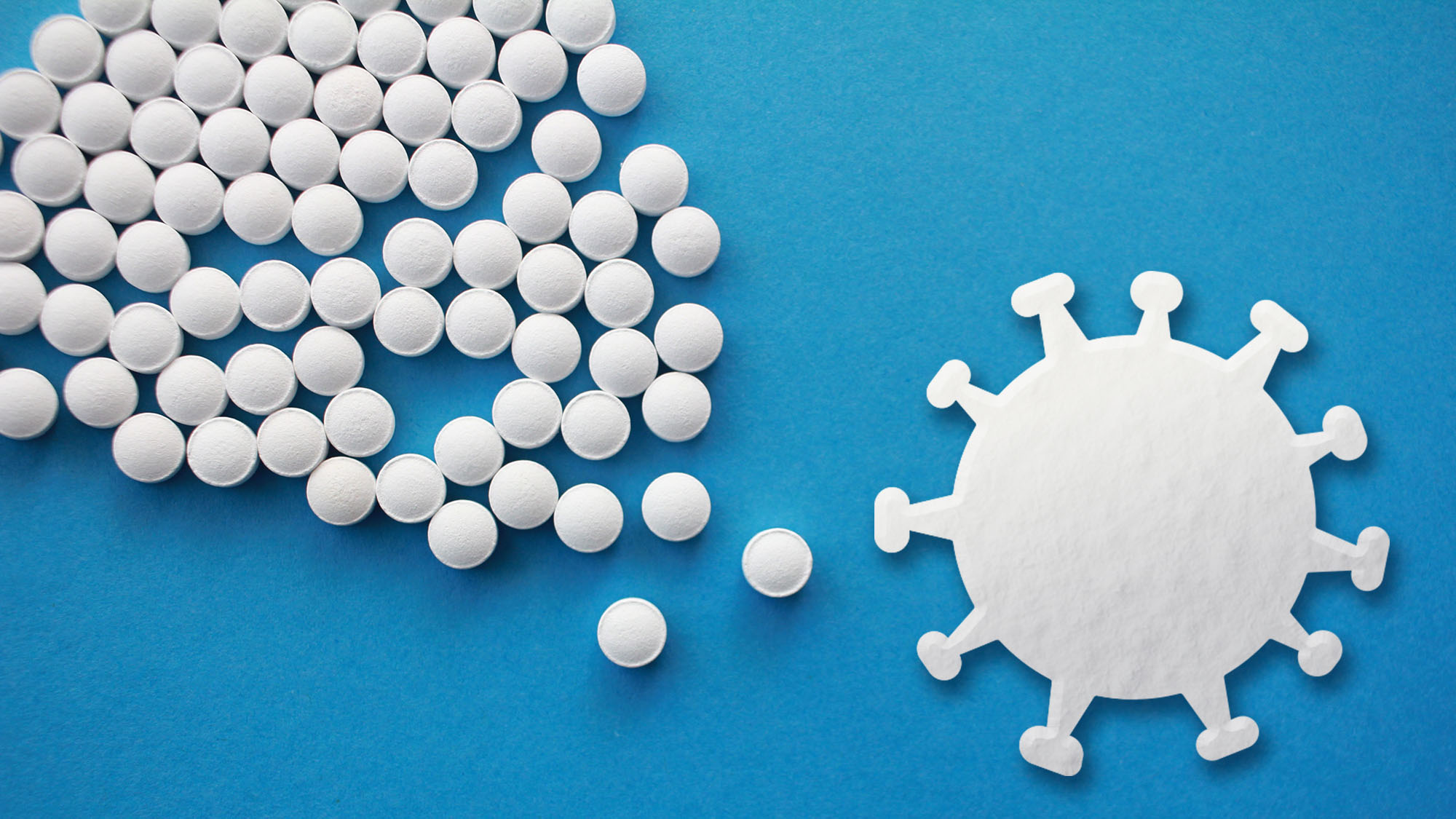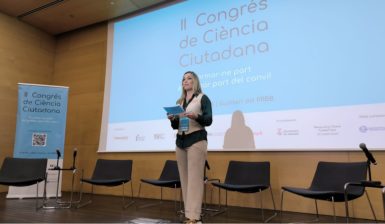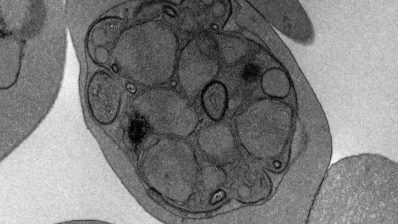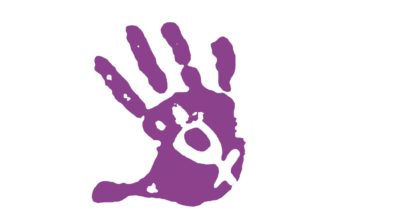A pilot clinical trial led by the Barcelona Institute for Global Health (ISGlobal) and the University of Navarra has observed a tendency to a decrease in viral load and symptoms in patients with COVID-19 after the administration of ivermectin, an antiparasitic drug.
With this study, wich is part of the SAINT project, researchers have tried to verify whether the maximum dose of ivermectin approved in Europe is enough to reduce the replication of SARS-CoV-2 (as higher concentrations have been shown to do). To do this, the researchers monitored 24 patients diagnosed with COVID-19 who were administered the drug or a placebo in the first 72 hours after the appearance of symptoms.
Although the results were not statistically significant, the researchers did observe a lower median viral load in the treated group (3 times less after 4 days and up to 18 times less after one week), and a reduction in the duration of some symptoms such as loss of smell or cough.
“Many efforts are focusing on developing treatments for COVID-19, but few are addressing how to reduce viral transmission”
Carlos Chaccour, researcher at ISGlobal and coordinator of the study.
With this pilot study, the authors stated, an encouraging trend has been observed and it should serve to further investigate the pharmacological potential of ivermectin through larger-scale studies and a sample with a greater diversity of patients.
Chaccour C, Casellas A, Blanco-Di Matteo A, et al. The effect of early treatment with ivermectin on viral load, symptoms and humoral response in patients with mild COVID-19: a pilot, double-blind, placebo-controlled, randomized clinical trial. EClinicalMedicine. 2021.






